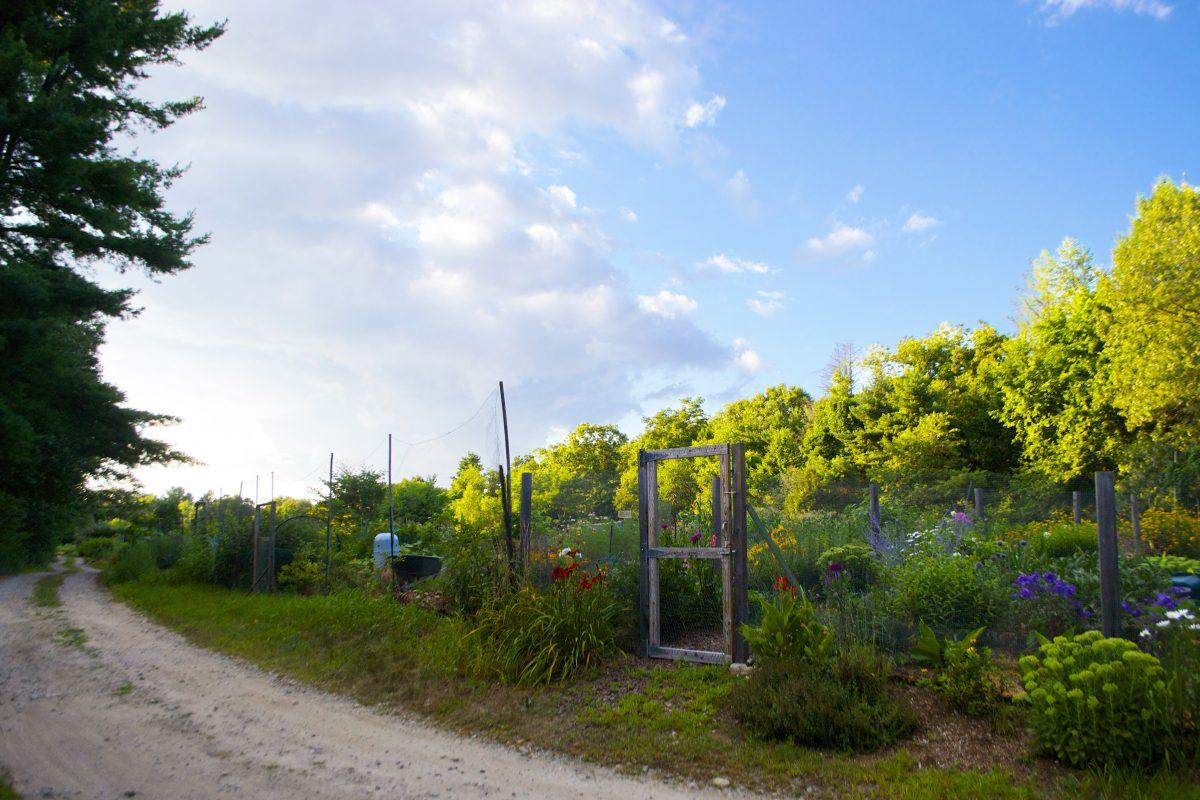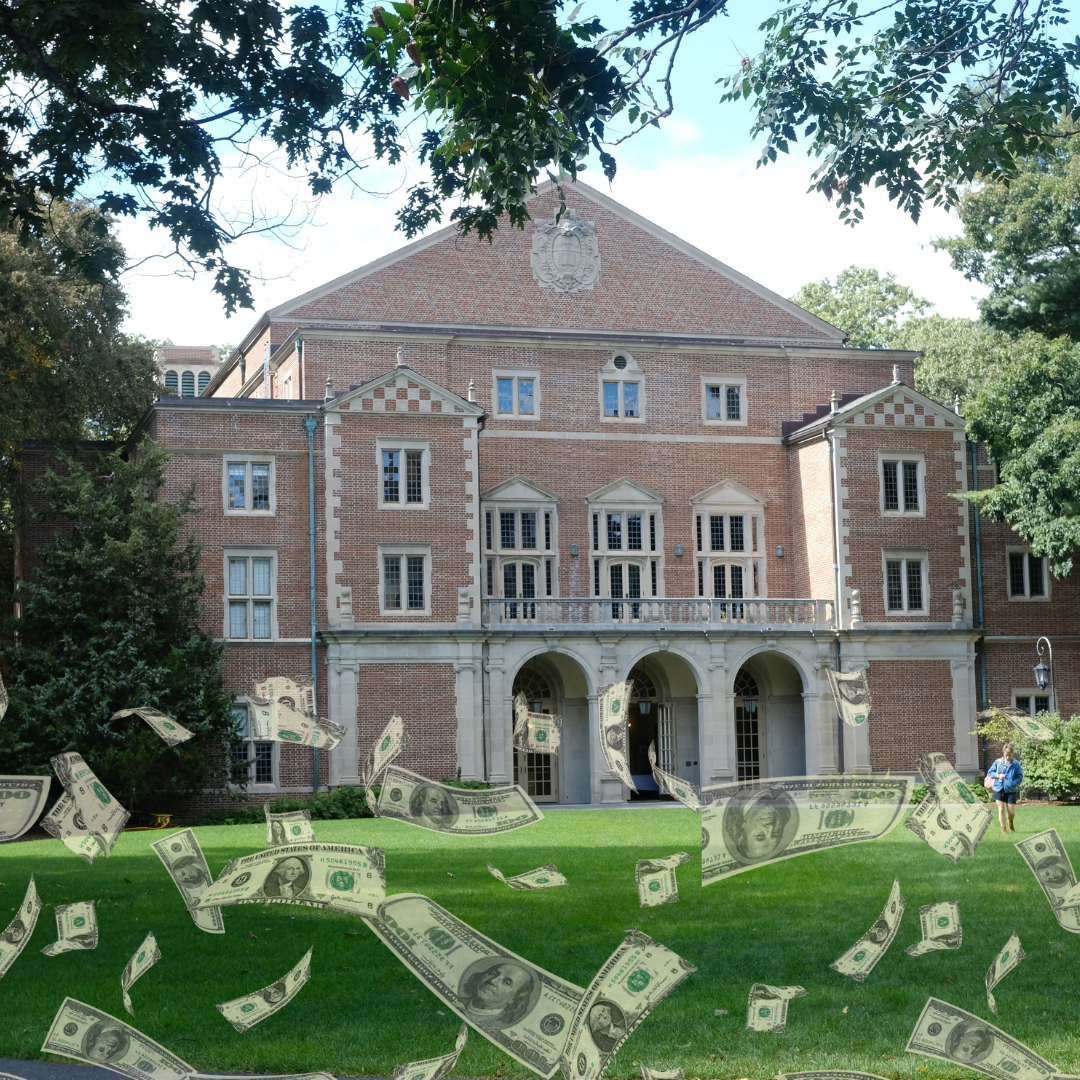Ben Hammond, vice president for finance and administration, and Marianne Cooley, clerk of the Board of Trustees and special assistant to the college president, gave two presentations about North 40, a 46-acre parcel of land located near Route 13 that was given to the College by its founder Henry Durant in 1873. Massachusetts Supreme Court has also approved the College to sell the North 40 and Rollins Lot. The first presentation about the North 40 and Rollins Lot was open to the Wellesley College community and took place on last Wednesday in Jewett Auditorium. The second, which was open to the Wellesley town residents, took place last Friday in the Diana Chapman Walsh Alumnae Hall.
Hammond and Cooley worked to clarify Durant’s deed at both meetings. Cooley highlighted the most salient part of Durant’s original quote to both audiences.
“The [North 40] above is conveyed for the purpose of maintaining thereof forever a college for the education of females and the property shall be used for that purpose only,” the original deed states.
Cooley sought to demystify the more unclear parts of the indenture as well.
“It has been presented to the community that Durant gave the land to be used for farmland and pastures, but in reality he gave it to be used for college buildings,” Cooley said.
Cooley also emphasized her belief that the College is being true to the Durant’s vision by selling the property.
“Revenue from the sales of North 40 will allow for changes that fulfill the intentions of the donor,” she stated.
During both meetings Hammond and Cooley also updated the audiences about the various assessments completed over the summer to determine whether development is a feasible option for the parcel of land. Studies were carried out on natural resources, infrastructure, the environment and road traffic.
Traffic is a major point of concern for town residents, many of whom feel existing roads around the North 40 are congested enough.
“With regards to traffic on Weston Road,” Hammond said, “There is no question that traffic is an issue that will have be addressed.”
Cooley also addressed the College’s concerns about traffic implications on student access to the North 40. She expressed that the congested condition of roads surrounding the North 40 make integration of property less feasible.
“Despite many attempts to use the land to support our academic mission, the physical barriers make it unsafe and difficult to access from the main campus,” Cooley said.
The College had environmental and engineering consulting firm Haley & Aldrich look at wetlands and endangered species in the North 40’s vernal pool, a transient body of water that serves as an ecosystem. Over this past summer, they determined the borders of the landfill on the property — below what is currently Sprague field — and monitored water quality and chemical compounds in the soil. Studies determined that there are a few reportable levels of contamination, but none significant enough that they need to be reported within 120 days.
The trustees began reviewing all property owned by the college in 2009, and in 2012 finalized their decision to move ahead with campus renewal and budget re-balancing.
In 2012, a Real Estate Revenue Task Force comprised of College administrators, faculty and Board of Trustee members began focusing on non-core buildings and land such as the North 40. The Board of Trustees must vote a final agreement with a bidder before any decision can be confirmed or announced. Residents voiced concerns about the Board’s and administration’s schedule of the sale.
“It seems like we are on hurry-up mode,” one resident stated.
In addition, residents also expressed their desire that the town buy the land.
“If you sell [North 40], I do hope the Town of Wellesley buys it because the Town of Wellesley would be in the best position to use it well,” another resident said.
Hammond emphasized that if a developer offered more money than a conservancy, the College wouldn’t necessarily give it to the highest bidder.
“There is no set formula. We are weighing the various factors, ” Hammond said.
A number of students agree with the Town of Wellesley or a conservancy having the right of first refusal.
“Overall, I think that selling the North 40 can be a viable part of 2025, but the administration should give priority to conservation if they have the money to buy it,” Charlotte Benishek ’16 said.






